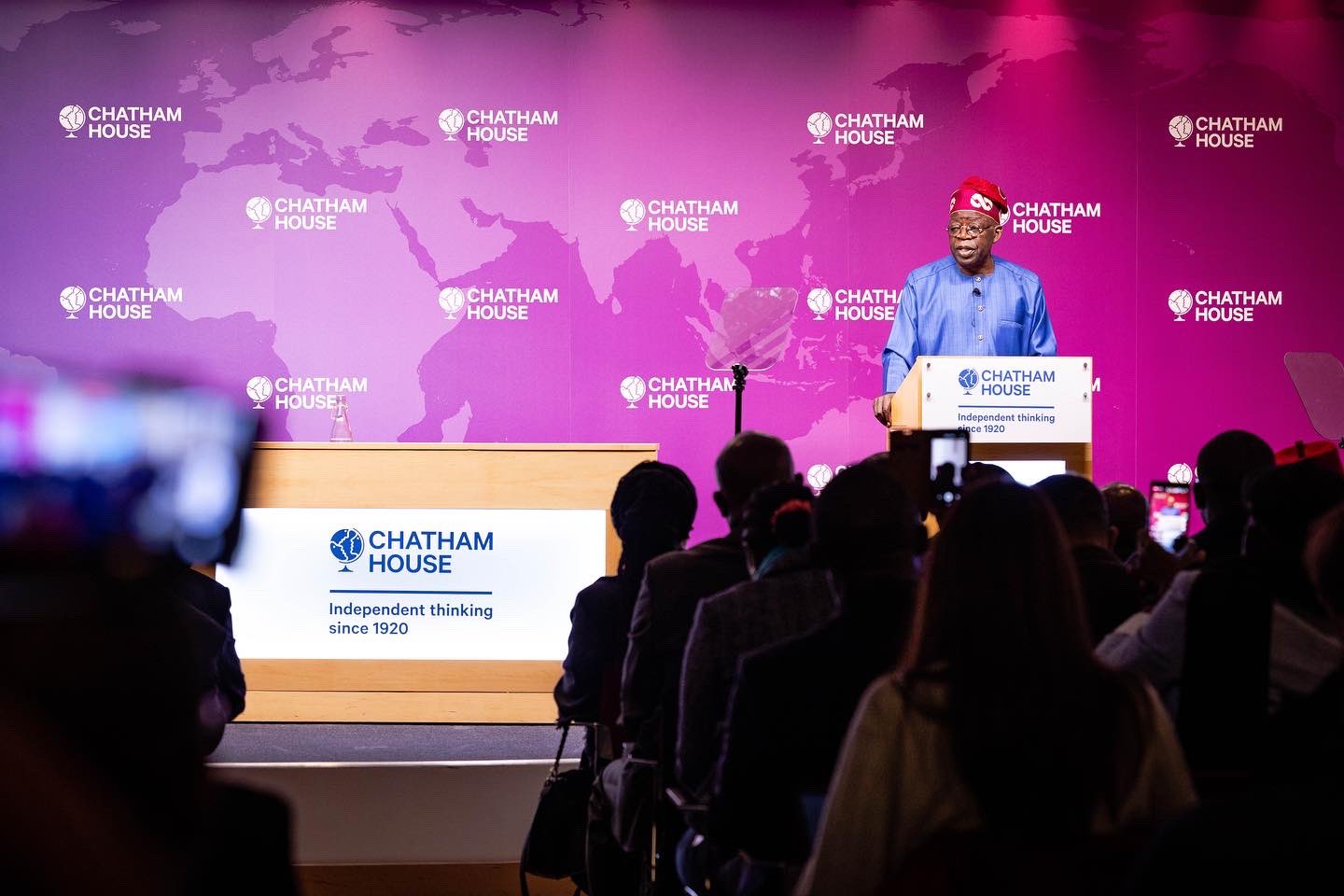Recently, Nigerians have become familiar with the words “Ballyhoo” and “Hullaballoo”. Ballyhoo refers to over-promoting, excessively hyping, or extravagantly fussing over something, while hullaballoo refers to commotion, excitement, or disturbance. Ballyhoo shows approval, while hullaballoo indicates disapproval. The words are trending because of the All Progressives Congress (APC) Presidential candidate, Asiwaju Bola Tinubu’s inability to pronounce them together as “ballyhoo and hullabaloo”.
A social media clip shows him sounding incomprehensible while struggling to pronounce the words. Supporters attributed his garbled speech to a slip of the tongue, while detractors attributed it to a slip of the brain! In spite of Asiwaju’s quite extraordinary sense of entitlement, which made him to publicly declare that it is his “turn” to be president, his detractors accuse him of being physically unwell, intellectually bankrupt, and unable to articulate any clear plan for the nation.
Although his trembling hands have been caught on film, in the absence of professional medical and psychological evaluation, it is unfair to assert that Asiwaju, or indeed anyone else, is physically unwell or has a “slipping brain”. The real concern should be about his discernible intellectual vacuity and the ballyhoo surrounding his recent London junket.
Chatham House, London, also known as the Royal Institute of International Affairs, is an independent policy institute whose stated mission is to provide commentary on world events and offer solutions to global challenges. Anyone can join Chatham House, the selection process takes a maximum of two weeks, and elected members are recognised in their personal capacity, not as representatives of any organisation.
2023: Facebook releases policies to tackle fake news, voter interference
2023: Politicians buying PVCs, inducing voters -INEC
There is no pressing need for candidates seeking the Nigerian presidency to campaign in London, because no Nigerian in Diaspora, or foreign citizen, is constitutionally entitled to vote!
Asiwaju’s Chatham House campaign stop, in which he delegated others to answer questions, backfired. It was a public relations gaffe which exposed shortcomings in his ability to publicly communicate ideas and gave the unfortunate impression that he would run a government by proxy. The strategy raised a storm of ridicule on the social and mainstream media where critics variously described it as dishonourable and disgraceful.
However, open ridicule and criticism didn’t deter Asiwaju’s supporters. Prince Kassim Afegbua a former Edo State commissioner for Information contended that Asiwaju’s inability to articulate answers is because his talent is to select appointees, delegate, weigh their contributions and take responsibility or credit for any successes or failures. Cynics pointed out that when Asiwaju “delegated” the completion of his controversial INEC form and problems arose, he never accepted responsibility for the errors, but unashamedly apportioned blame!
Another supporter, former aviation minister Femi Fani-Kayode (FFK) joined the ballyhoo by praising Asiwaju for dragging the House of Representatives Speaker, and governors of Kaduna, Jigawa, Ebonyi, and Cross River, along with him to junket and dance “Buga” in London.
The unanswered question is whether or not the expenses of those governors, who are all paid from the public purse, were paid from their state treasuries. Ironically Asiwaju delegated Governor Nasir El-Rufai of Kaduna State to answer questions on policies for eliminating insecurity. Shehu Sani a former Kaduna Central District Senator alleges that El-Rufai cannot be exonerated from insecurity in Kaduna State. He accuses the governor of being a major contributing factor in an appallingly horrendous security situation under his watch which forced him to report to President Buhari that terrorists had formed a parallel government, and permanent operational base in the state.
It’s pertinent to ask whether or not FFK, who Hakeem Baba-Ahmed, a permanent secretary in the Ministry of Aviation when he was minister, inferred was too discredited to sell any candidate to the public, and El-Rufai, are the type of “experts” Asiwaju will rely on if elected?
Professor Usman Yusuf joined the hullabaloo by criticising the subcontracting of campaigning to praise singers and surrogates. He believes that none of Asiwaju’s surrogates can deliver their political constituency. That of course remains to be seen. Dino Melaye, a former senator from Kogi who increasingly presents himself as a social media entertainer and comedy skit-maker, laughingly described Asiwaju as a “question distributor”.
Muktar Shagari, former minister for Water Resources chipped by explaining that Chatham House isn’t a place you visit with a team to answer questions on your behalf, it’s a place you prepare for with the intention of personally answering hard questions. He quite correctly pointed out that job applicants, who attend interviews with others to answer questions on their behalf, would never get the job. He deems Asiwaju’s outing to be an insult and says he sees no reason to vote for anybody who can’t answer questions.
John Cookson, an Arise TV British commentator, said he had never seen Asiwaju’s type of Chatham House performance before, where instead of conducting affairs in the usual solemn manner, it was a rowdy occasion replete with laughter and tomfoolery. Rather than demonstrating an ability to delegate, Cookson said he feels it’s more likely that Asiwaju was scared of “putting his foot in it” by giving a wrong or incomprehensible answer!
The lesson from all this for Asiwaju, and indeed all presidential candidates, is that Nigerians need to be left alone to choose their president by listening to the candidates themselves personally articulate policies and answer questions. Political jobbers must discard abuse and unverified insinuations, and allow for serious campaigning. Less ballyhoo means less hullabaloo!

 Join Daily Trust WhatsApp Community For Quick Access To News and Happenings Around You.
Join Daily Trust WhatsApp Community For Quick Access To News and Happenings Around You.